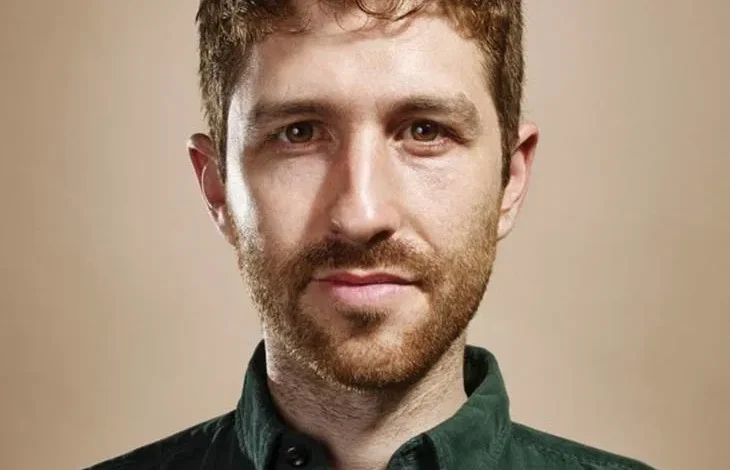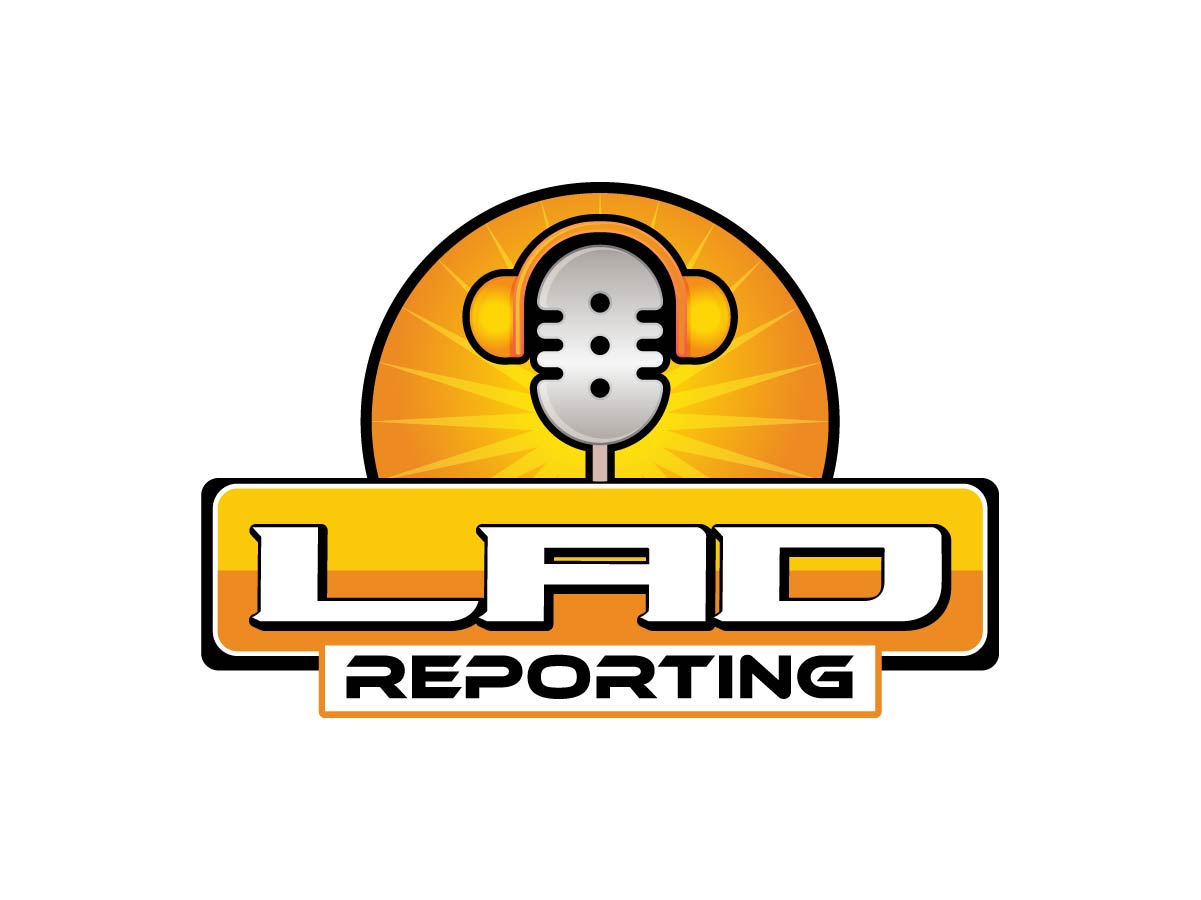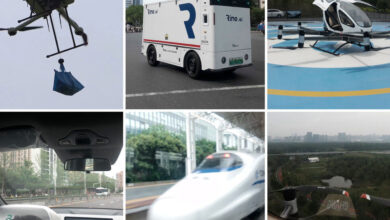Tech Ethicist Tristan Harris Warns of Global Risks Without AI Cooperation

Technology ethicist Tristan Harris has warned that the rapid development of artificial intelligence (AI) without coordinated international regulation could pose severe risks to global stability.
Speaking during an appearance on TMZ Live, Harris highlighted the growing AI competition between the United States and China. He cautioned that the pursuit of technological dominance is accelerating innovation at an unsustainable pace, while regulatory frameworks remain inadequate.
“The real competition should not be in who can build AI faster, but in who can regulate it responsibly,” Harris said. He emphasized that managing AI safely requires unprecedented levels of international collaboration.
Harris pointed to a successful precedent in global cooperation: the 1987 Montreal Protocol, when 139 countries acted together to address the ozone layer crisis. He argued that a similar unified response is necessary to prevent AI from becoming destabilizing.
According to Harris, both the U.S. and China would benefit from establishing checks and protocols, as unregulated AI carries risks of economic, social, and security disruption. “No one wants machines advancing while humans are left vulnerable,” he stated.
Experts note that AI’s ability to reshape industries, influence public discourse, and challenge labor markets has already become a source of concern among policymakers. Recent incidents involving deepfakes and generative AI have intensified calls for regulation.
The warning from Harris comes as lawmakers in the U.S. and Europe debate stricter controls on AI deployment, while global discussions remain fragmented. Analysts have compared the situation to nuclear arms control talks, underscoring the difficulty of achieving trust and verification across competing powers.
Public sentiment has also shown unease. Surveys indicate a growing share of citizens worldwide worry about AI’s influence on privacy, employment, and security. Harris’s remarks reflect these anxieties, framing the issue as one that transcends borders.
He concluded with a call to action, stating that delaying cooperation could lead to irreversible consequences. “Artificial intelligence has the potential to rewrite reality itself. Without international agreement on standards, we face a disaster waiting to happen.”
Read More: LAD REPORTING




